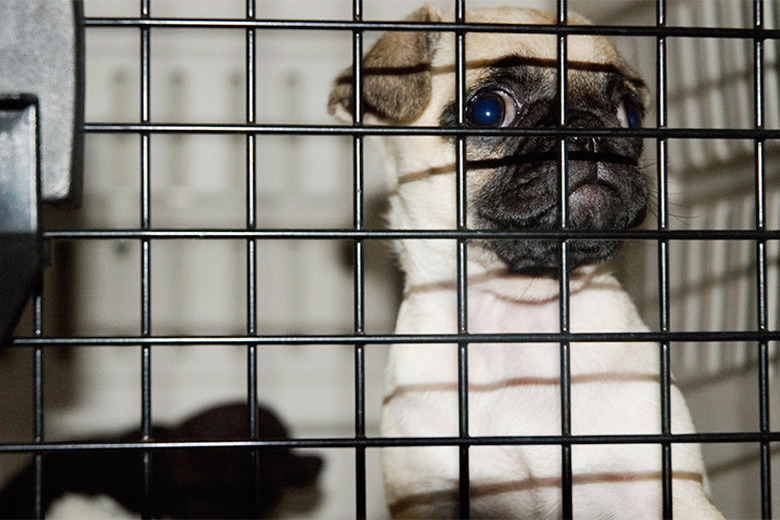Preparing A Nervous Dog For Kennel Boarding
If you've never kenneled your dog before, it can be a nerve-racking experience, especially if you have a nervous pup. Neither of you know exactly what to expect, and the prospect of separation can be difficult. In order to make kenneling a positive experience, preplan and prepare for the event. If you are kenneling multiple dogs who get along well in close quarters, consider kenneling them together to create a sense of familiarity that will reduce stress and anxiety.
Choosing a Kennel
Your dog can pick up on your anxiety, and if you're nervous about kenneling, he will be extra jumpy too. Make sure you select a place that will give you peace of mind. Visit and interview several different kennels and boarding facilities and look for a location that provides the type of care you want your dog to have. Be honest about your dog's anxiety and ask kennel staff how they handle skittish animals. Ask questions about how often your dog will be fed, walked and played with and whether a vet is on staff. Request a tour to see different kennel sizes and to observe the interaction between boarded animals and kennel employees.
Crate Train at Home
Crate training in your home will not only make the commercial kenneling experience less scary, it will also help you with obedience training. When you crate train a dog, you establish his crate as a place of safety, comfort and retreat, and you also ensure he is safe and out of trouble if you're away. Crate training in a familiar environment will help prepare you and your pup for when you must leave him in a boarding kennel for an extended period of time. This can reduce his anxiety and nervousness about being contained.
Do a Trial Run
If you're kenneling a nervous dog for the first time, it's better for everyone if the first stay is a short one, no more than a day or two. Introduce your dog to the kennel you plan to use before he has to make a lengthy stay. Start with an overnight visit, then extend it to two or three nights and gauge how well your dog does. Ask the kennel staff for honest feedback about your dog's anxiety and nervousness during his stay. If he is highly fearful and doesn't eat, drink or interact, you might want to ask your vet about an anti-anxiety medication, or forgo kenneling altogether and employ a pet sitter instead.
The Kennel Stay
Pack a doggie bag for your pup when he goes to the kennel. Include his bed, favorite blanket or toys, and bring along his own dog food so he won't have to deal with stomach upset from eating an unfamiliar brand. Make it feel like an exciting adventure by being upbeat about taking your dog to the kennel, rather than nervous and tearful, even if that's how you're feeling inside. Showing too much emotion will not make the transition easy for you or your dog. Say a short good-bye and ask the staff about calling in on a regular basis so you can ensure your dog is doing well while you're away.
By Lisa McQuerrey
References
UC Davis Veterinary Medicine: Choosing a Boarding Facility
Perdue University: Keep the Family Pet Happy and Healthy While on Vacation
About the Author
Lisa McQuerrey has been a business writer since 1987. In 1994, she launched a full-service marketing and communications firm. McQuerrey's work has garnered awards from the U.S. Small Business Administration, the International Association of Business Communicators and the Associated Press. She is also the author of several nonfiction trade publications, and, in 2012, had her first young-adult novel published by Glass Page Books.
